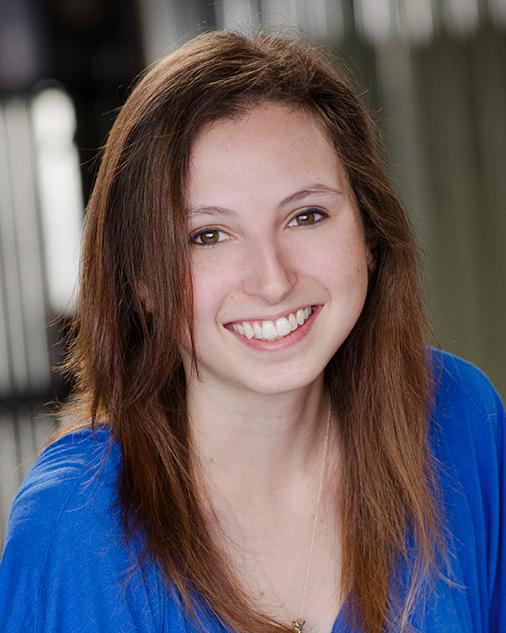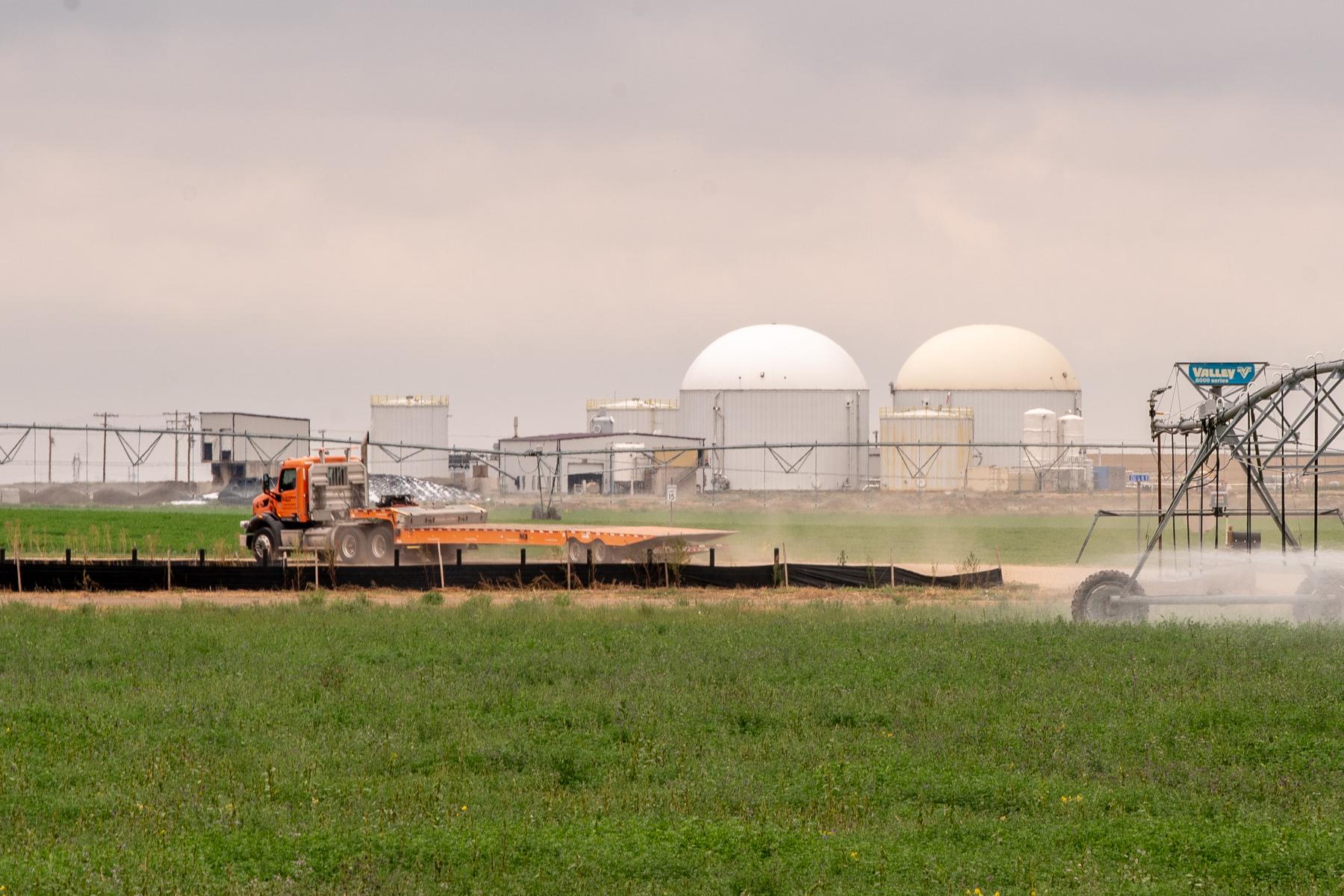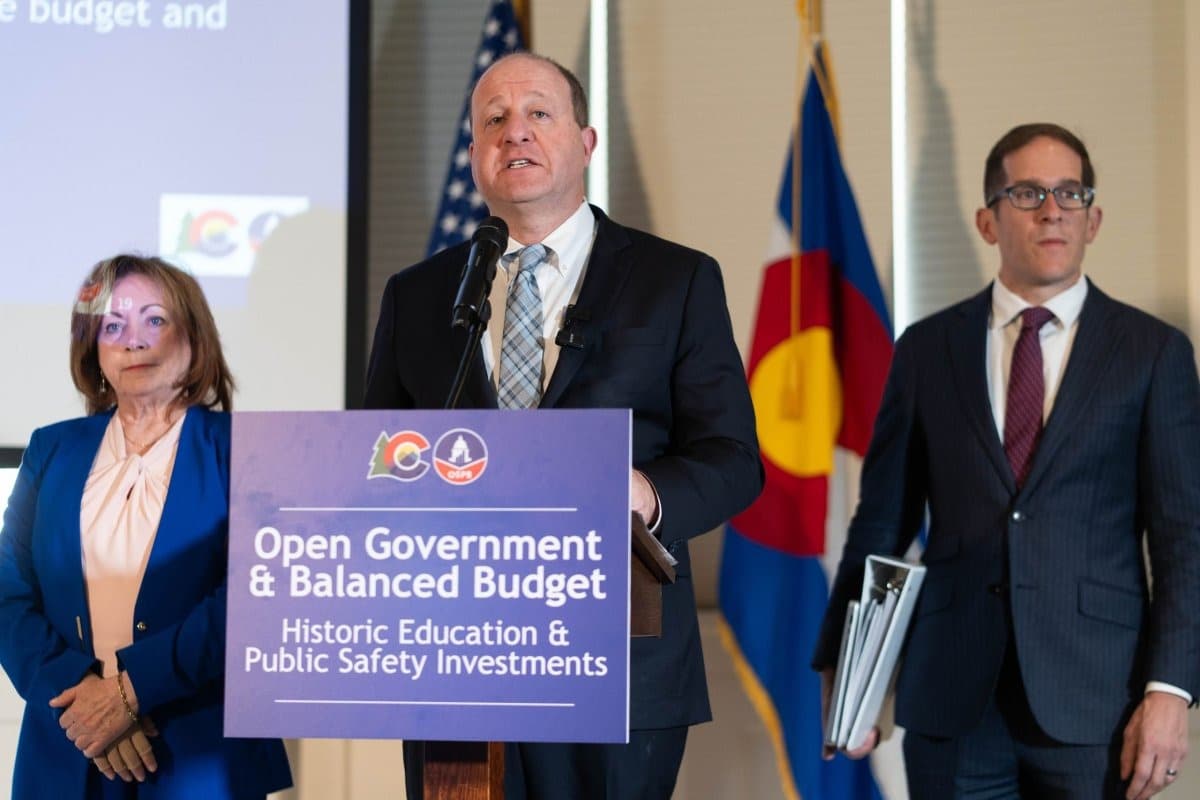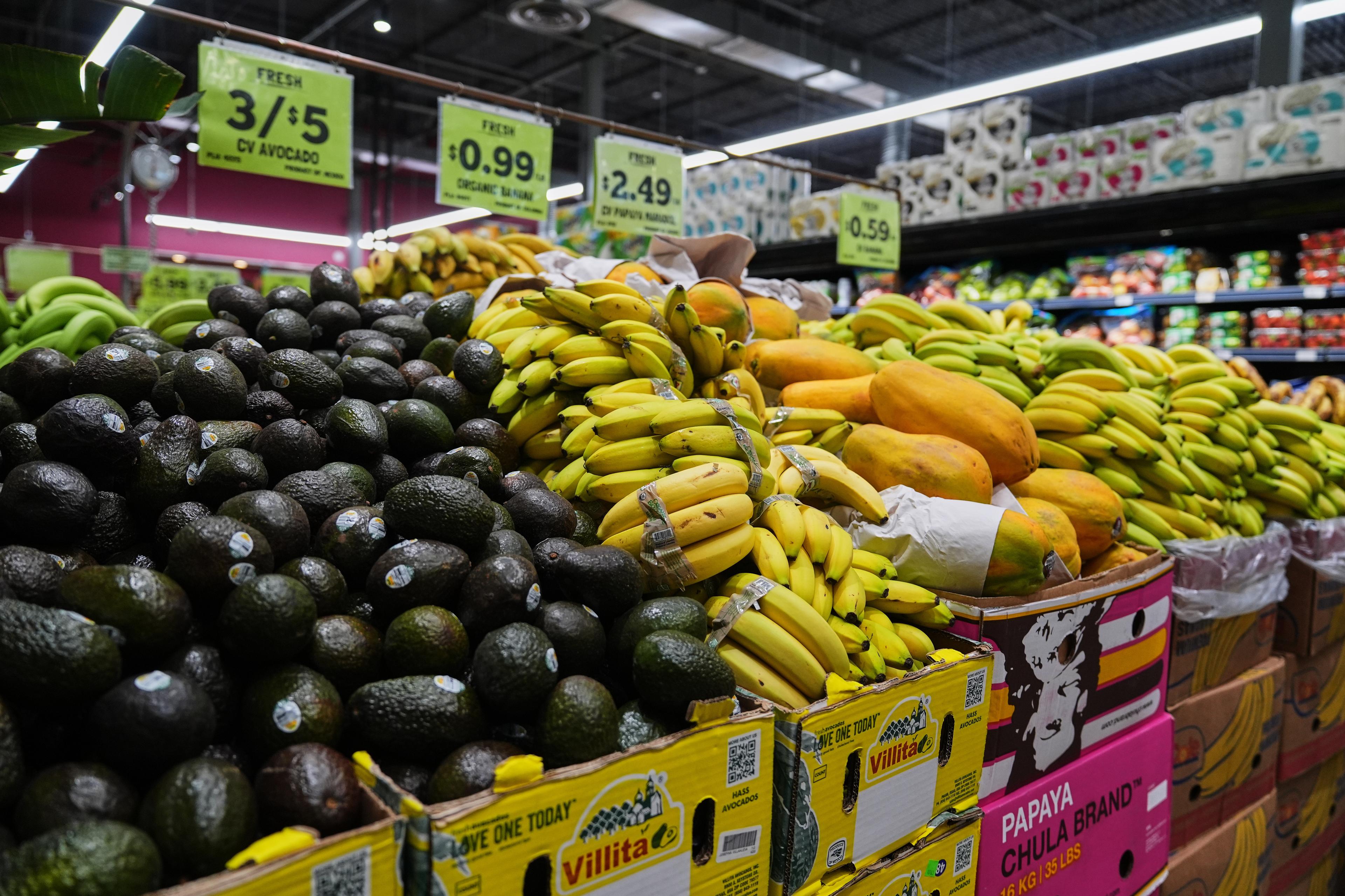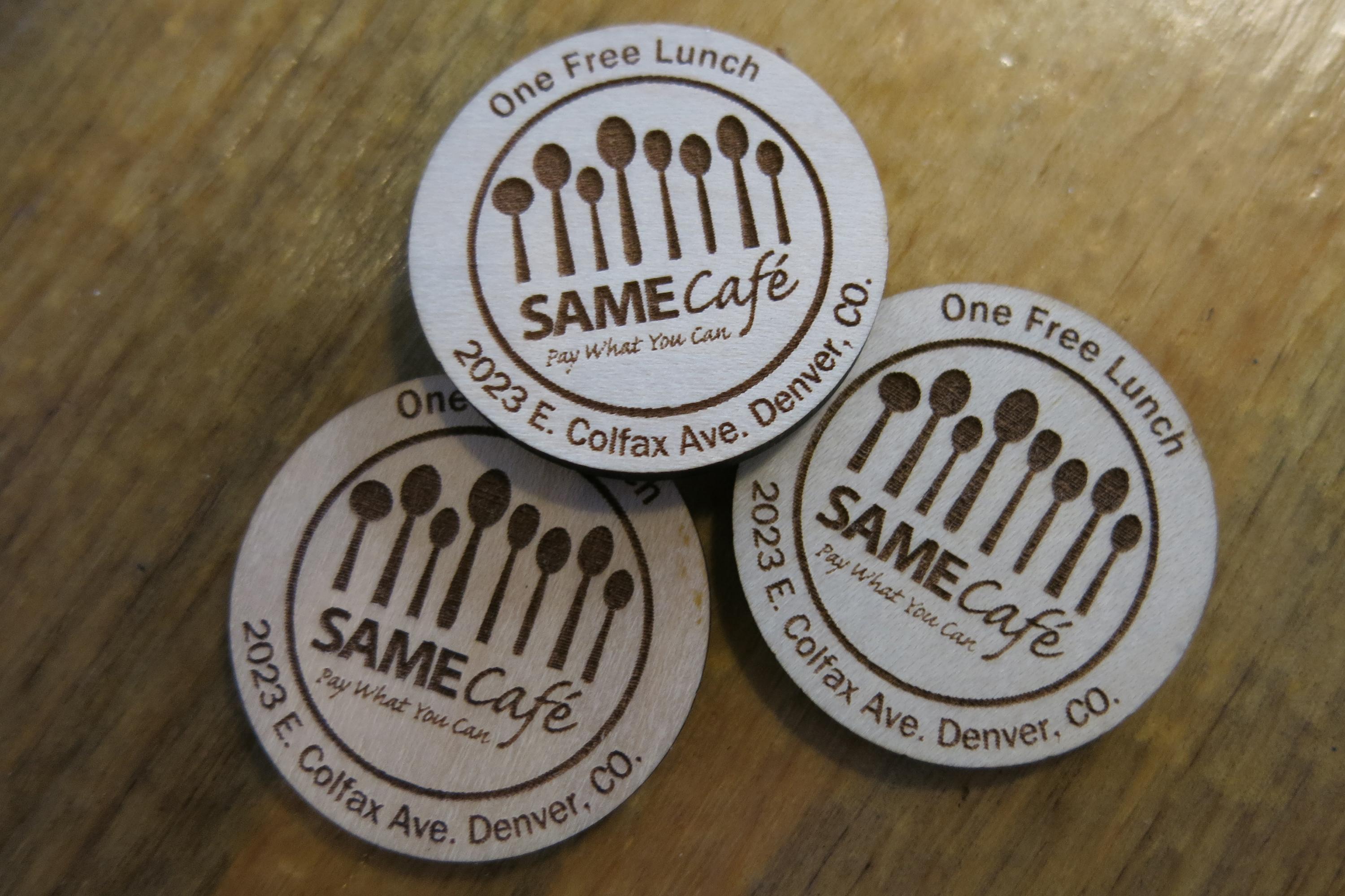

There’s a café on East Colfax in Denver with an unusual approach to combating hunger. Its menu has no prices and it allows customers to volunteer their time to pay for their meal.
SAME Café stands for So All May Eat and was the first nonprofit restaurant in Colorado. It turns 12 this year and on its first anniversary Colorado Matters took a visit to SAME. Since then, a lot has changed. Instead of being operated solely by volunteers and the owners, the café now has a full-time chef. It has also come under new leadership in the last six months.
The new executive director, Brad Reubendale, has plans to expand SAME Café in the next decade — including more locations and a food truck.
“Well eventually I would love to see a SAME Café in every major metropolitan area or a version of this,” Reubendale said. “There are over 50 that have been inspired by SAME Café in the country now.”
“I would love to be able to really capture the secret sauce and make sure that gets transferred,” he said.
SAME Café’s head chef, Latisha Steele has been in the culinary world for 27 years and has worked at top restaurants in Hawaii and Colorado. But she chose to be SAME’s first full-time employee because she said the café gives her life and food purpose.
“You're not just cooking for people who blindly come in and they just want to be at the next cool restaurant,” Steele said. “They're coming in here because they need that nourishment... This might be the only meal they get and it might be their only interaction with a group of humans that treat them like a person."
But Reubendale said SAME Café is not just for people in dire need.
“We have everyone from millionaires who come in from the suburbs to business people to folks experiencing homelessness and everyone comes in and eats together," he said.
That doesn’t mean there aren’t challenges.
“We understand that everyone has a story and we try to approach everyone from a trauma-understanding perspective. So if someone is yelling at us, it's probably not about us they've probably experienced something today or in their life that's challenging and they're taking it out on us because we're the closest person. So yes, it's challenging but we also recognize that everyone has a story and we want them to be able to express their story here and nine times out of ten if you respond in kindness then they'll kind of deflate and actually share what's going on.”
“Because we are such a participation-based restaurant, everyone here is participating whether that's through giving some money or time, but everyone has to participate and if you can't participate it's not gonna work, our community doesn't work,” he said.
Amy O’Connor is a regular at SAME Café and was staying in a Denver homeless shelter at the time. She said she eats at the café because the food is healthier than what she typically gets at the shelter.
"I feel like my nutritional needs are not met there,” O’Connor said. “I definitely don't want to sound ungrateful but sometimes I don't even consider it to be edible.”
“It's interesting because a they're both based on donations but I mean the quality is just like polar opposite,” she said. “Here I can get a variety of fresh greens and fruits and vegetables and ya know there it's like probably on a good day you'll get like taco meat and taco shells or like spaghetti. And then some days they just mix a bunch of stuff together and make like some sort of soup or for lunch it's like a peanut butter and jelly sandwich."
Here I can get a variety of fresh greens and fruits and vegetables.”
Besides Chef Steele, most of the people working in SAME’s kitchen are volunteers. One of those volunteers is Patrick Hale. For his volunteer work, Hale will clean tables and chairs or set up the outdoor patio seating. When Hale was in a bike crash six months ago and couldn’t walk, he said the café still found ways for him to volunteer and get some food.
“They said, 'You can roll utensils or something but you don't need to have to walk around,'” Hale said. “And that really tugged at my heartstrings. I mean to say, yeah we can use you either way."
“I typically open up on Monday morning and make sure all the tables and seats are clean, I move all the tables outdoors and what not,” he said. I put about an hour in and that entitles me to two meals.”
As the concept grows, there's a couple ways this model can go off the rails, Ruebendale said. “One is a place where wealthy people can feel good about eating but it doesn't actually achieve the mission, the other is it can become a soup kitchen and it never actually is sustainable. So we feel like, of course we're biased, we feel like we've really done a great job of keeping that 50/50 balance of people who love what we do and give extra and people who need what we do and are able to give a little bit less."
